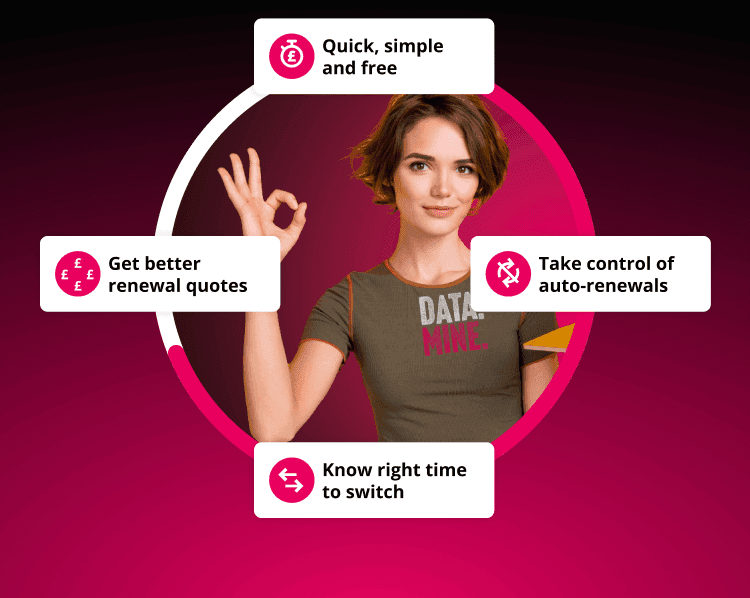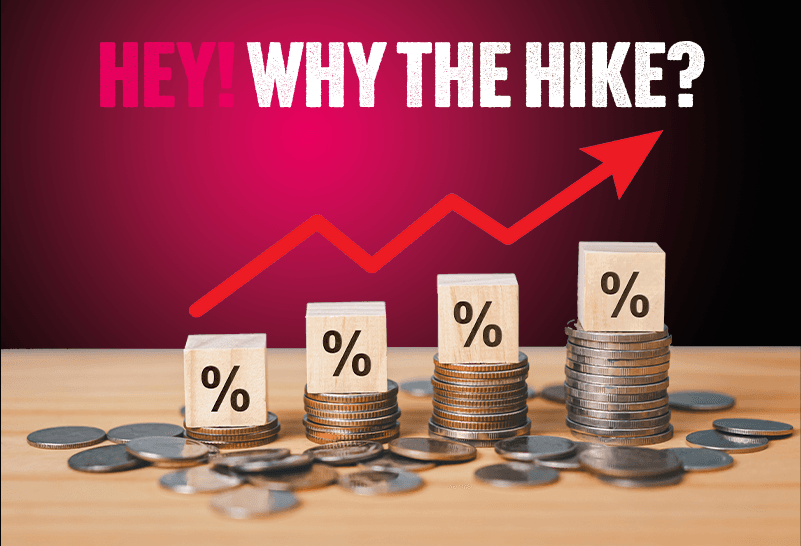
Rightly is 100% free
Our Services

Better insurance renewals
Rightly Save will help you never miss an insurance policy renewal so you’ve got time to find a better deal before they take your money.

They've got your data. Get it back
Hundreds of companies have your data. Protect yourself and take it away from companies that don't need it. Your data's yours after all.

We think of Good Data as your own data which you’re able to use to work hard for you, not just for the companies that have acquired it. After all it’s your data and you should be able to use it to get a better outcome and better value.
Rightly Save is designed to enhance ‘Good Data’ by accessing your data that already exists in the hands of insurance companies so that it can work hard for you and help you always find the best deal.

Why Do Data Rightly?
We all share lots of data with lots of organisations. It’s good to remember that your data is your data and that it should be you that benefits from the value it contains, no one else. As Champions of Data, at Rightly we want to help you do just that, helping you get value from the power of your own data, whilst helping you keep it safe from scammers and people seeking to misuse it. Your data belongs to you.
With Rightly, there are no hidden costs, subscriptions or ads. We do things Rightly.
our views and opinions
- Blog
5 min read

Complacent compliance
Consumers should expect fair value when they buy insurance products and the insurers have a duty to provide it. But there is evidence that some insurers are not trying hard enough. So can the regulator push them to make better outcomes? And how can you make sure you’re getting the best value?
- Blog
5 min read

Hey! Why the price hike?
Insurance premiums are rising fast, in many cases far in excess of inflation. So what is going on and what can you do to minimise costs for the cover you want?



